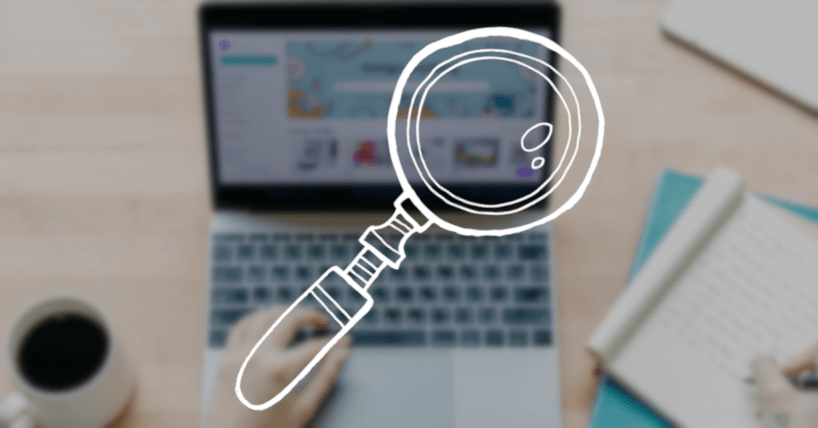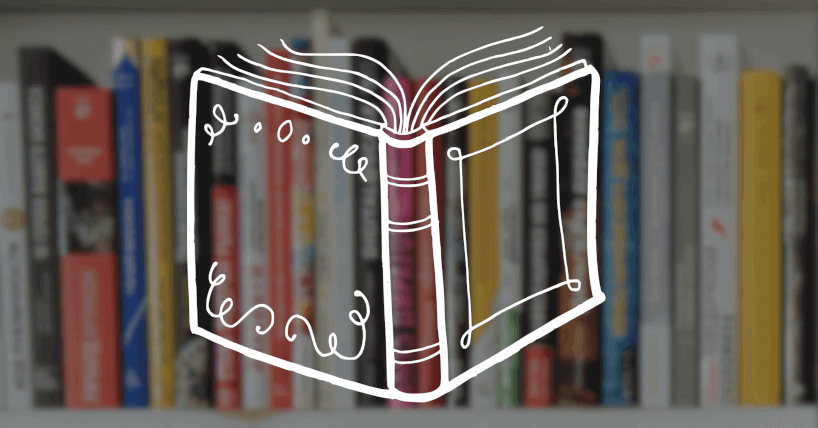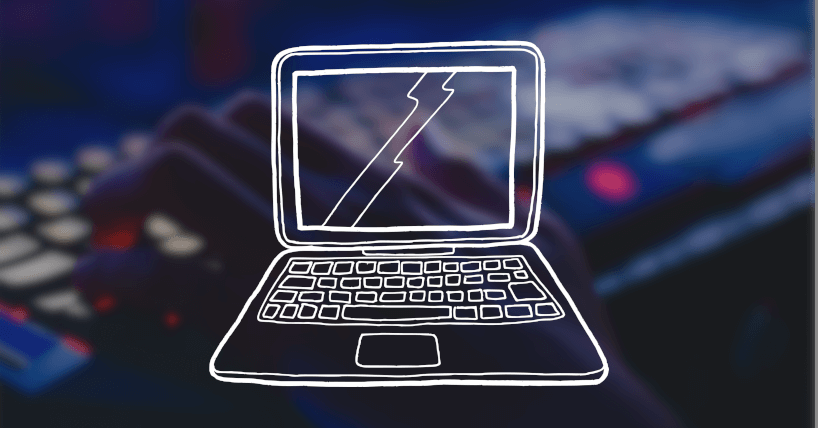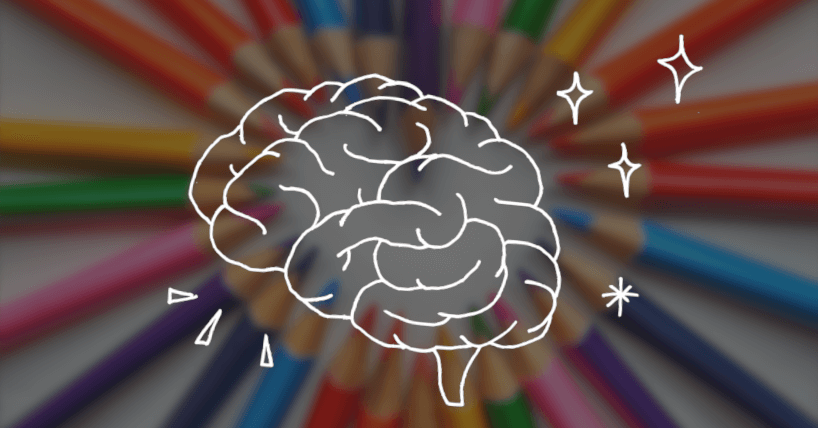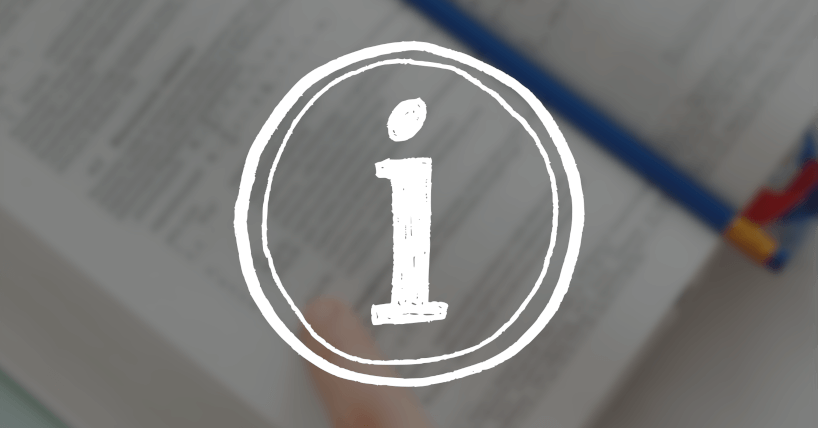Get Ready to Study
Study skills support for your first year at university.
Study skills for Stage 1
Stepping up to university studies can be challenging. Strengthen your study skills with resources that have been created with students, for students. Ranging from quizzes and interactives to videos and animations, they provide you with the core skills you’ll need during Stage 1 of your degree. Each skills area is accompanied by blog posts written by students, who share their experiences and what they learned in their first year of university.
Connect with us
The student-led project that culminated in this website won the University’s Vice Chancellor’s Education Excellence Award in 2025 and was shortlisted for a Times Higher Education Award in 2023.
Illustrations by Eilidh Muldoon.
.png)
